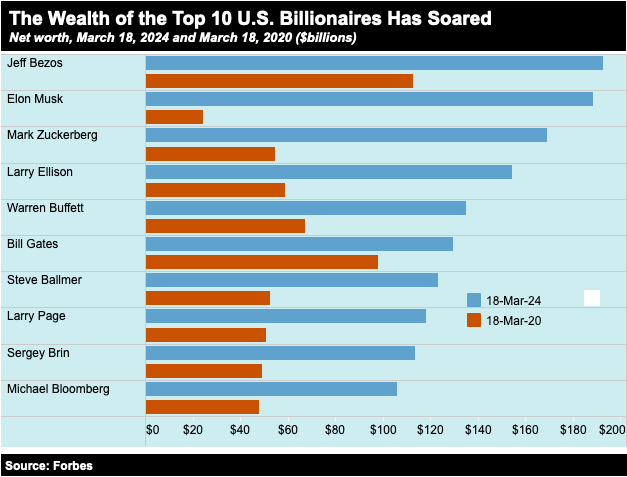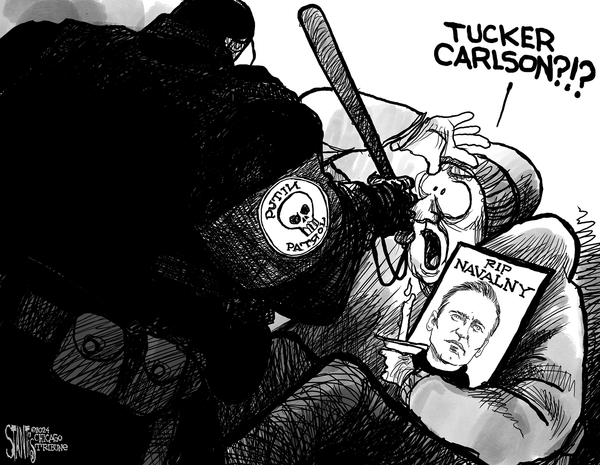Carlson marveled at the fancy tilework of the
city’s subway system, visited the national ballet, and noted
that you can buy caviar cheaply
at the local grocery store. He also pointed out that Moscow’s pristine streets had no homeless people and no
apparent poverty.
In the gilded halls of the Kremlin palace, he interviewed President
Putin for more than two hours. Despite his guileless expression, Carlson
occasionally appeared flummoxed as Putin lectured him endlessly on Russian
history and the centuries-old claim he insisted Moscow has on Kyiv as its
protector from aggressors near and far.
Of course, he never challenged Putin on
his rationale for invading that country (nor did he refer to it as an invasion)
or any of the Russian leader’s other outrageous claims.
I’m of the school of thought that considers Putin’s
Russia exactly the sort of anti-woke paradise the
MAGA crowd craves. Anyone of Carlson’s age who grew up during the Cold War and
turned on his or her television in that pivotal period when the Berlin
Wall fell should certainly know that all of
Russia doesn’t look anything like what he was shown.
He should also have known
about the recent history of economic “shock therapy” that
drained Russian public services of funding and human resources, not to speak of
the decades of corruption and
unfair economic policies that enriched a choice few in Putin’s circle at the
expense of so many.
Of course, something had to happen to turn the Moscow
that Carlson saw into a sanitized moonscape. If you haven’t been following
developments in Russia under Putin, let me summarize what I’ve noticed.
Protesters —
even many going to
opposition leader Alexei Navalny’s recent memorial service — have been arrested
or at least intimidated when appearing to sympathize with anything that’s not
part of the Kremlin’s official pro-Putin ideology. Many groups, from
Asian migrants to
the homeless, have either
been rounded up by the police or at least relocated far out of the view of
tourists of any sort.
In fact, the imprisoned American journalist whom Carlson
briefly gestured toward emancipating, Wall Street Journal reporter
Evan Gershkovich, had written on the practice of zachistki, or
mop-up operations by the Russian authorities that, for instance, relocated
homeless services to the outskirts of Moscow, far from public view.
Of course,
Gershkovich is now imprisoned indefinitely in Russia on
charges of espionage for simply reporting on the war in Ukraine, proving the
very point Carlson so studiously avoided, that an endless string of lies
underscore Putin’s latest war.
What’s more, amid sub-subsistence wages, housing
shortages, and the thin walls of so many city apartments, ordinary Russians are
not always able to engage in the “hard conversations” that conservatives like
Alabama Senator Katie Britt boast of having in their well-furbished kitchens.
After all, neighbors are now encouraged to denounce each other for decrying
Russia’s war. (You could, it seems, even
end up in prison if your child writes “no to war” on a drawing she did for
school.)
There are very personal ramifications to living in an
autocracy with which Tucker Carlson and, of course, the Orange Jesus himself
are signaling their agreement when they entertain the views of leaders like
Vladimir Putin or call Hungarian
autocrat Viktor Orbán “fantastic.” They’re signaling what their end goal is to
Americans and, sadly enough, it’s not particularly far-fetched anymore to
suggest that, someday, we won’t even have the freedom to talk about all of this
with each other.
The Thing That Cannot Be Named
Tucker Carlson at least did his homework. He clearly knew
that you couldn’t describe the war in Ukraine as an unprovoked Russian
invasion, given that country’s carefully crafted censorship laws.
Since his February 2022 invasion, Putin has referred to
it as a “special military operation” focused on the defense of Russia from NATO
and the “denazification” of Ukraine.
During that first spring, the Russian
president signed a law forbidding journalists from even calling the invasion a
“war,” choosing
instead to frame the killing, displacement, abduction, torture, and rape of
Ukrainian citizens as a surgical rescue operation provoked by the victims
themselves.
Broader, vaguer censorship laws were then passed, further limiting
what Russians of all stripes could say, including one against “discrediting the army,”
which imposed stiff fines and prison sentences, and more recently, property confiscations on
anyone deemed to have said anything negative about Russia’s armed forces. While
the thousands of
arrests made may seem modest, given Russia’s 146 million people, it’s still, in
my opinion, thousands too many.
The Russian leader’s perverse framing of his unprovoked
war is undoubtedly what also allows him to admit that
hundreds of thousands of Russians have been killed or wounded so far, something
he couldn’t otherwise say. In a country suffused with right-wing Christian
nationalism, it also certainly helps his cause that most of Russia’s
war dead come from remote, poor, and predominantly minority regions.
This is the sort of muddling of meaning and motives that
autocratic leaders engage in to justify deaths of all kinds. American
equivalents might be what the MAGA crowds do when they blame the January 6th
far-right assault at the Capitol, aimed at police and lawmakers, on the “Antifa,” or extreme
leftists, without disputing that people were hurt.
Or consider then-President
Donald Trump’s comment that far-right white supremacist Charlottesville rioters
and counter-protesters included “very fine people on both sides”
— no matter that one such fine person plowed down a
counter-protester in his car, murdering her, or that certain of those “fine”
white supremacists espoused anti-Semitic conspiracy theories considered by some an
incitement to violence.
For their part, Russians of various political stripes
enjoy an ancient tradition of using dark humor and irony to engage in the kinds
of conversations they really want to have. Take as an example the way
progressive journalists like those at the news stations TV Rain and Novaya
Gazeta (since banned from operating) began discussing the
war in Ukraine as “the thing that cannot be named.” Eventually, however,
sweeping censorship laws prevented even workarounds like those.
It’s not a small thing to live in a place where you can’t
say what you want to for fear of political persecution, especially when you’ve
grown up in other circumstances. A good friend of mine who came of age after
the fall of the Berlin Wall and led a prosperous, happy life in St. Petersburg,
fled the country on the last train out of that city to Helsinki, Finland, her
young child in tow.
Her goal: to start life over from scratch and avoid having
to raise her child in a place where he would be brainwashed into thinking
Russia’s armed forces and police were infallible and beyond critique. I suspect
that many of the hundreds of thousands of
Russians who joined her in fleeing the country weren’t that different.
Imagine raising a child whose unquestioning mind you
can’t recognize. (That goes for you, too, Trump supporters, because — count on
it! — once in office again, he would undoubtedly move toward ending elections
as we know them, not to speak of shutting down whatever institutions protect
our speech!)
America and the Lie that Begot Other Lies
Events in recent years indicate that Americans —
particularly those in the MAGA camp — have grown inured to the public mention
of armed violence. Who could forget the moment in 2016 when candidate
Trump boasted at a
campaign rally before winning the presidency that “I could stand in the middle
of 5th Avenue and shoot somebody and I wouldn’t lose voters”? As racially and
politically motivated violence and threats have proliferated, so many of us
seemed to grow ever less bothered by both the incidents themselves and the
rationales of those who seek to encourage and justify them.
My own adult life began as Vladimir Putin consolidated
power in Russia, while former President George W. Bush launched his — really,
our — disastrous Global War on Terror, based on lies like that Iraqi leader
Saddam Hussein possessed weapons of mass destruction.
Unfortunately, we’ve
spilled all too little ink here on the nearly one million people who
died across our Middle Eastern, South Asian, and African war zones since 2001
(and the many millions more who
lost their lives, even if less directly, or were turned into refugees thanks
to those wars of ours).
And don’t forget the more than 7,000 American troops (and
more than 8,000 contractors!) who died in the process, essentially baptizing
our national lies in pools of blood. And how could that not have helped
normalize other lies to come like Trump’s giant one about the 2020 election?
Thankfully, in this country we can still say what we want
(more or less). We can still, for instance, call out the Pentagon for underreporting the
deaths its forces have caused. In other words, something like the Costs of War Project that I helped
to found to put our lies in context can still exist. But how long before such
things could become punishable, if not by law, then through vigilantism?
Yes, President Biden is arming Israel in its gruesome
fight against Hamas while providing only the most modest aid to Gaza’s
war-devastated population, but we can still hold him to account for that. If
the 2024 election goes to Donald Trump, how long will that be true?
If we don’t
get to the point right now where all of us are calling out lies all the time,
then every Trumpian lie about violence — from Republican members of Congress
calling the January 6th rioters “peaceful patriots” to The Donald’s claim that
he would only be a dictator on “day one” of his next presidency (a desire
supported by a significant majority of Republicans) — will amount to lies as
consequential as the 1933 burning of the Reichstag parliament building in
Germany, which Hitler’s ascendant Nazi party attributed to communists, setting
the stage for him to claim sweeping powers.
We are entering a new and perilous American world and
it’s important to grasp that fact. In that context, let me mention a Russian
moment when I did no such thing.
I still feel guilty about a dinner I had with
human-rights colleagues in 2014, including a Russian activist who had dedicated
his career to documenting political violence and war crimes committed under
successive Russian leaders from Joseph Stalin to Vladimir Putin.
I was sitting
at the far end of the table where I couldn’t catch much of the conversation and
I joked that I was “out in Siberia.” Yes, my dinner companions graciously
laughed, but with an undercurrent of discomfort and tension — and for good
reason.
They knew the dangerous world they were in and, in fact, that very
activist has since been sent to a penal colony for his work discrediting the
actions of the Russian armed forces. My joke is anything but a joke now and
consider that a reminder of how quickly things can change — and not just in
Russia, either.
In fact, oppression feels closer than ever in America
today and verbal massaging, joking, or willful ignorance can only mask what
another Trump presidency could mean for us all.
© 2023 TomDispatch.com
ANDREA MAZZARINO Andrea Mazzarino co-founded Brown University's Costs of
War Project. She is an activist and social worker interested in the health
impacts of war. She has held various clinical, research, and advocacy
positions, including at a Veterans Affairs PTSD Outpatient Clinic, with Human
Rights Watch, and at a community mental health agency. She is the co-editor of
"War and Health: The Medical Consequences of the Wars in Iraq and
Afghanistan" (2019).
.webp)


.webp)

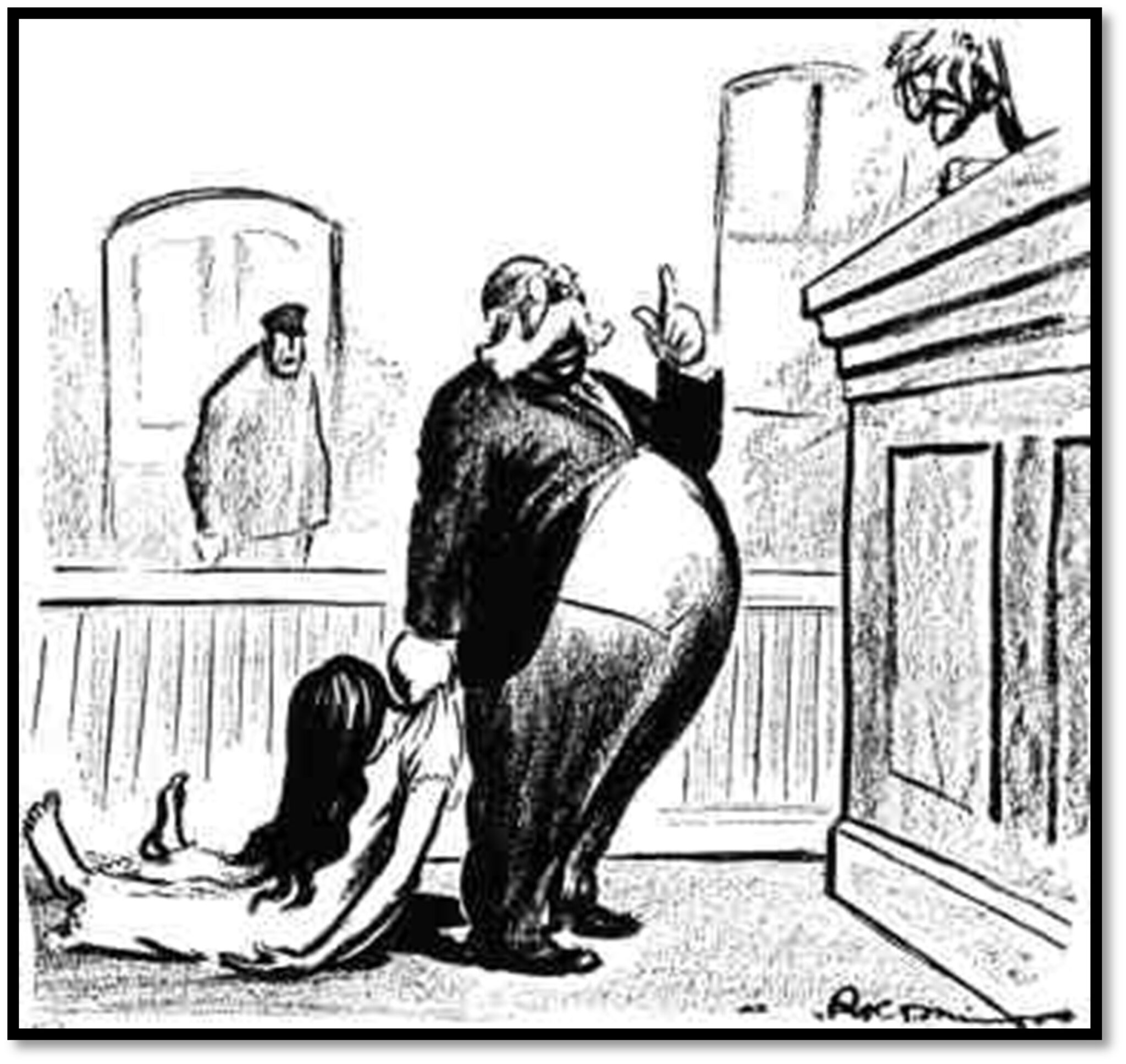
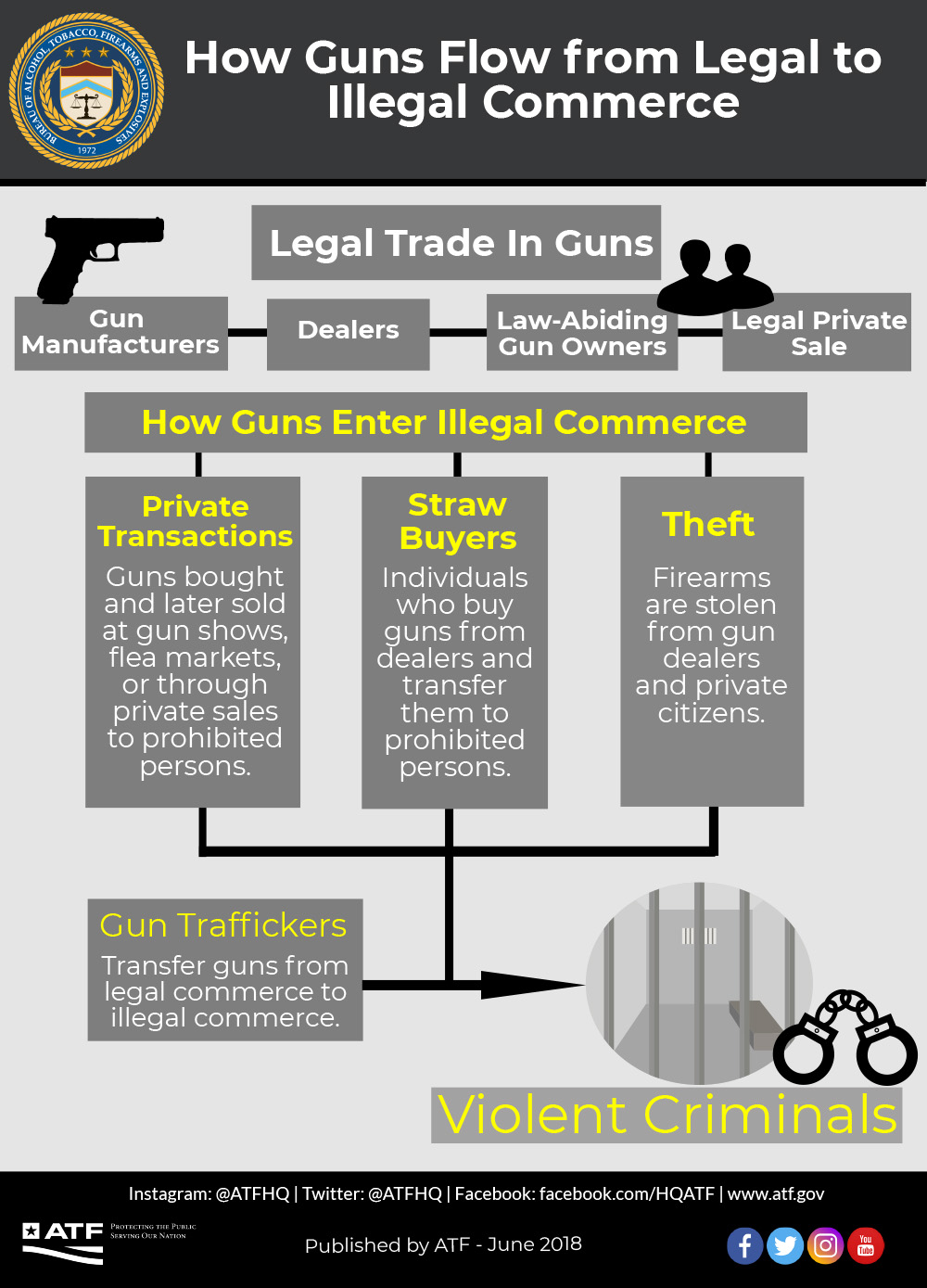



.webp)
.webp)




.webp)
.webp)


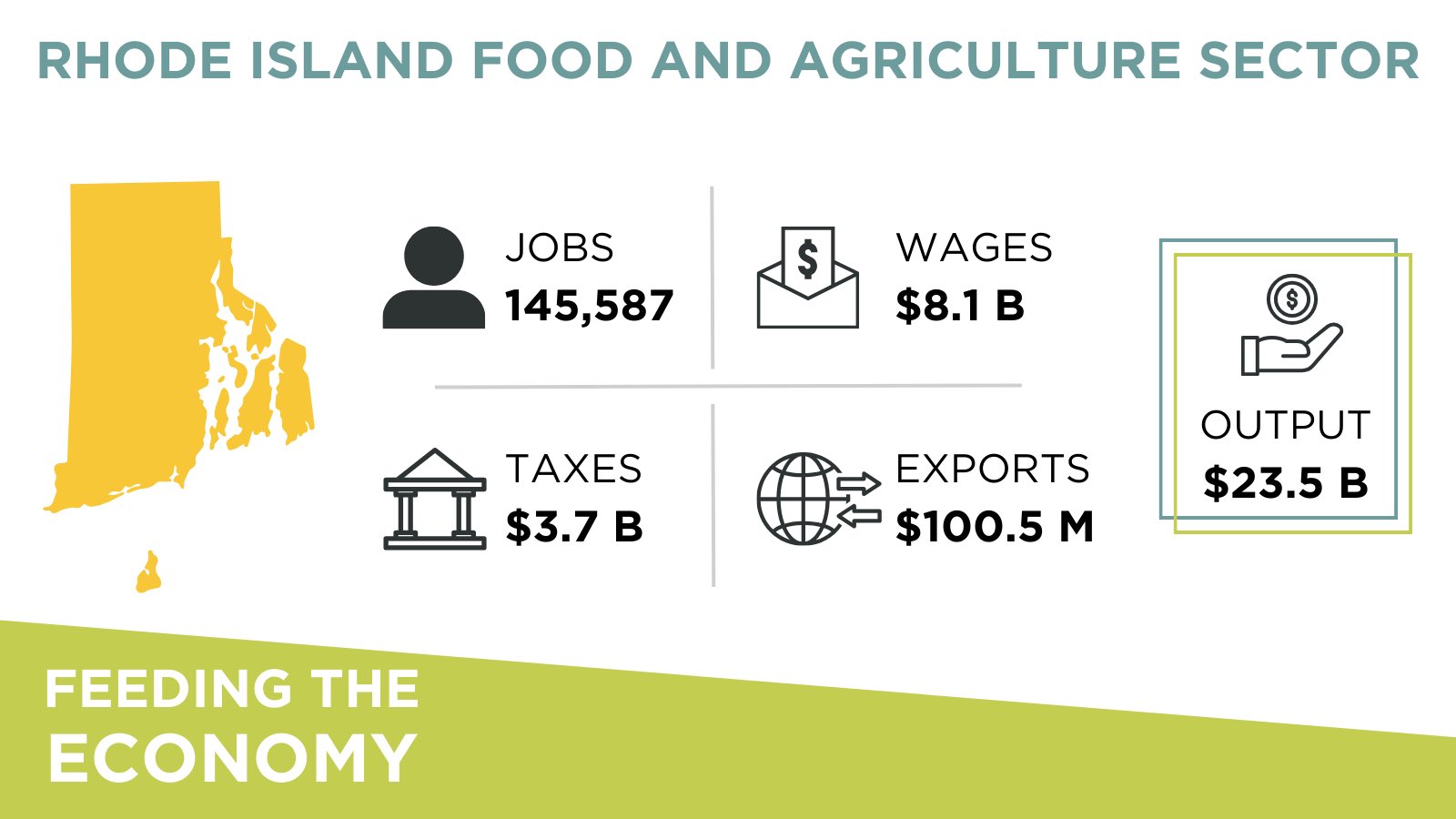

.webp)
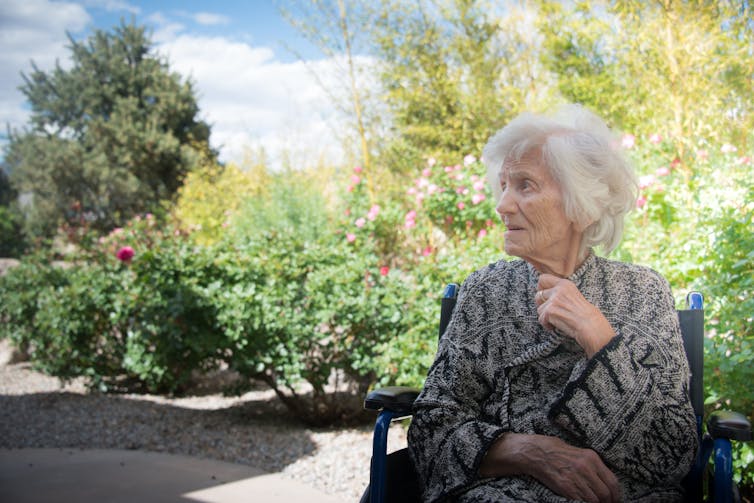
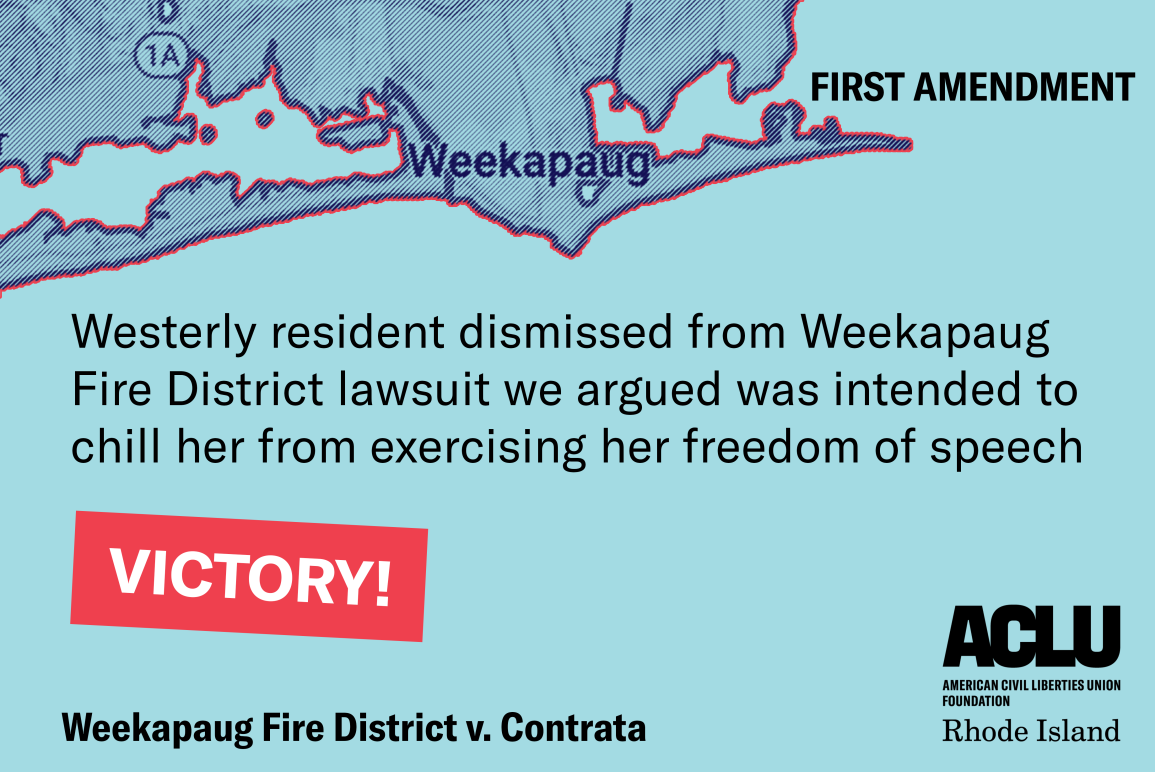


.webp)

